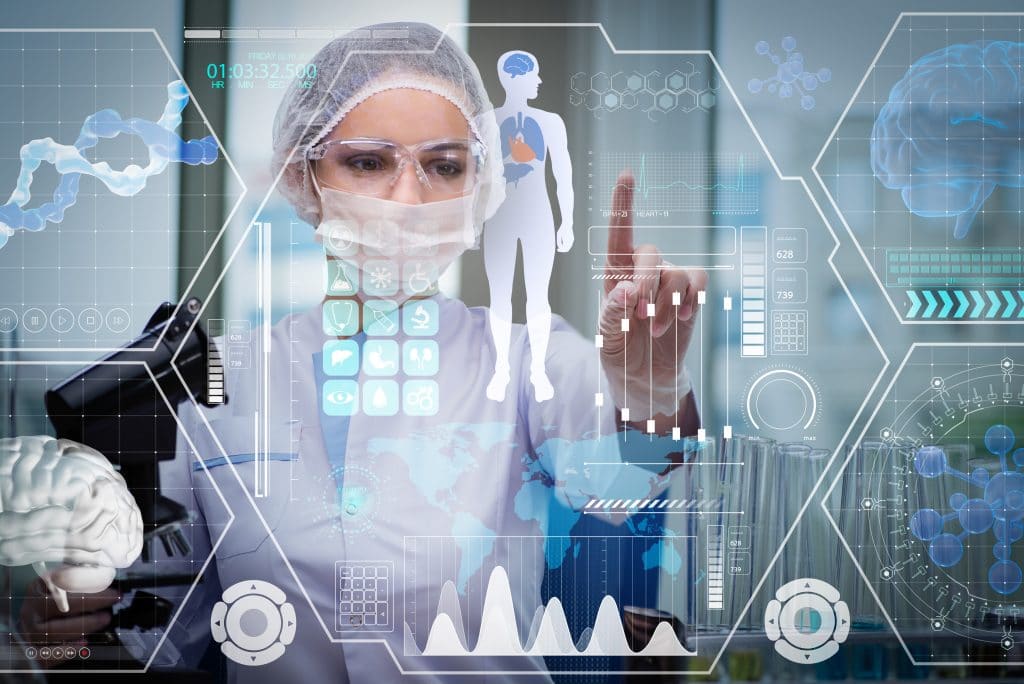
What is Artificial Intelligence?
Artificial intelligence (AI) is simply defined as the use of computers to perform tasks normally operated by man. Artificial intelligence is the creation of intelligent machines that work and react as humans.
Artificial Intelligence can influence the way that healthcare is currently delivered and can be utilised to provide better services to patients, healthcare providers, medical personnel, health organisations, and governing authorities.
The use of AI in healthcare has raised questions about whether it will replace human doctors. On the contrary, the establishment of artificial intelligence in healthcare will boost doctors to make better clinical judgements.
The use of Artificial Intelligence in some healthcare items
Prosthetics
Constructing the right type of prosthetic to suit the patient is very important as it should provide comfort and most importantly, feel right.
Imagine having a prosthetic limb that feels real.
Orthotists and prosthetists have come a long way from wood, leather, and metal prostheses, working on ways to improve and enhance artificial limbs through modern technology.
To ensure that prosthetic limbs work the right way and perform certain capabilities, researchers have developed an artificial intelligence system that can identify configurations in sensor data, set safety boundaries, and acquire patterns for stable limb movement.
Surgeries
Surgeries can be very complex, long and tiring.
Surgeries can be seen as a necessity for the management of diseases and are performed to prolong lives and widen the margin of survival.
The progress in surgical procedures can be attributed to ensuing technological advances in diagnosis, imaging, and surgical instrumentation.
The headway in artificial intelligence has transformed modern surgery to a more progressive and autonomous intervention for the treatment of acute and chronic diseases.
Optics
Artificial intelligence can detect if there is reason to believe that you have contracted a serious eye disease, such as diabetic retinopathy and other common eye diseases.
Diabetic retinopathy affects the blood vessels in the retina and can cause vision loss and blindness in diabetics if left untreated. Statistics show that it affects 30% of people with diabetes.
AI is becoming more common in screening, diagnosing, and assisting in treating eye conditions.
Podiatry
Podiatry is the term used for the diagnosis and treatment of the foot.
A diabetic foot ulcer is a condition that occurs with some diabetic patients. It is an open sore and commonly located on the sole of the foot.
Previously, predicting diabetic foot ulcers was conducted by monitoring and comparing the temperature of one foot to its corresponding contralateral side.
With the advent of AI, algorithms can be used to detect ulcers using only one foot.
Cancer
The inclusion of artificial intelligence in cancer treatment could lead to improved diagnosis and accuracy.
Artificial intelligence can also assist to aid medical personnel with decision-making and lead to better health outcomes.
The US National Cancer Institute further states that AI can be utilised to improve cervical and prostate cancer screening.




 Single
Single Couple
Couple Family
Family Single Parent
Single Parent